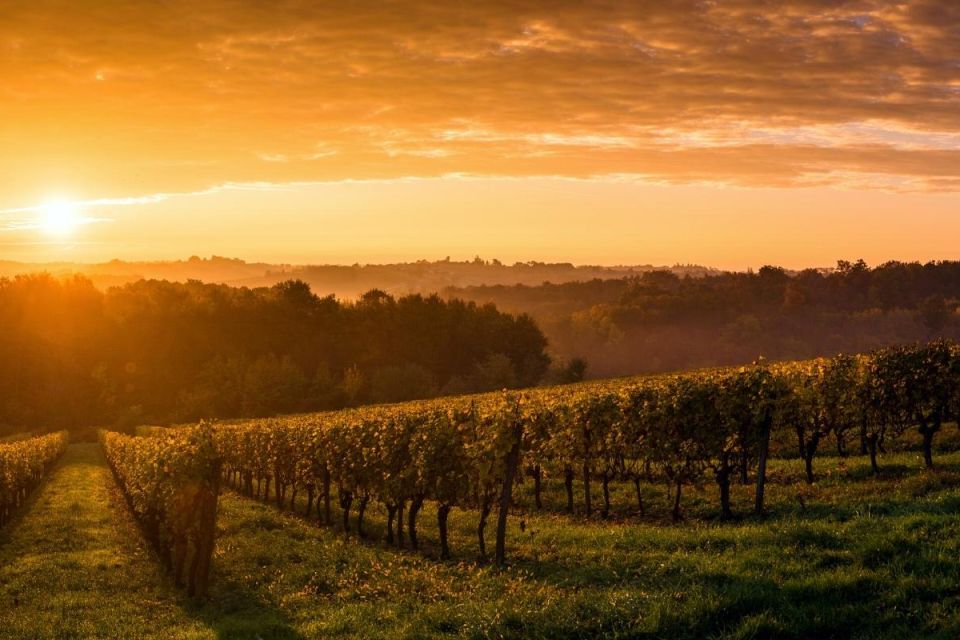Your Mini Basket
France – the home of Bordeaux, Burgundy and Champagne – is arguably the world's most important wine-producing country. For centuries, it has produced wine in greater quantity – and many would say quality – than any other nation, and its attraction is not just volume or prestige, but also the variety of styles available.
The diversity of French wine is due, in part, to the country's wide range of climates. Champagne, its most northerly region, has one of the coolest climates, whereas Bordeaux has a maritime climate, heavily influenced by the Atlantic Ocean and the various rivers that wind their way between vineyards. Both in stark contrast to the southern regions of Provence and Languedoc-Roussillon, which enjoy a Mediterranean climate, characterized by hot summers and mild winters.
Terroir is also key. From the granite hills of Beaujolais to the famous chalky slopes of Chablis and the gravels of the Médoc, the sites and soils on which France's vineyards have been developed are considered of vital importance and are at the heart of the concept of terroir.


